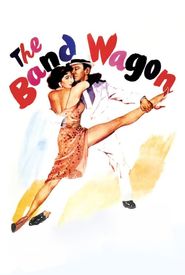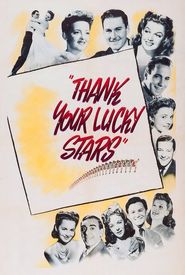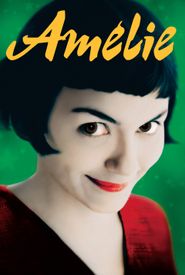Arthur Schwartz, a distinguished American composer and film producer, embarked on a remarkable odyssey, which was initially sparked by his innate talent for playing the harmonica and piano as a young child. Through sheer dedication and perseverance, he honed his skills, eventually acquiring a self-taught proficiency in these instruments. As he entered his early teenage years, his passion for music began to flourish, and by the tender age of 14, he was already playing for silent films, thus laying the foundation for a lifelong devotion to the world of music.
Schwartz's academic journey was a multifaceted one, marked by a Bachelor's degree in English from New York University, where he honed his literary skills and laid the groundwork for a future in the world of words. This foundation was further solidified with a Master's degree in English from Columbia University, a testament to his dedication to the subject.
However, Schwartz's father, a respected attorney, had other plans for his son's future, urging him to pursue a career in law. Schwartz eventually heeded this advice, graduating from New York University Law School in 1924 and earning admission to the bar.
Throughout his law studies, Schwartz remained committed to his creative pursuits, teaching English in the New York school system to support himself financially. He also continued to nurture his songwriting skills, a passion that had been ignited in him from a young age. By 1923, Schwartz had already published his first song, "Baltimore, Md., You're the Only Doctor for Me", a collaborative effort with lyricist Eli Dawson.
As the years went by, Schwartz's remarkable musical abilities could no longer be ignored, with notable acquaintances such as Lorenz Hart and George Gershwin urging him to shift his focus towards composing. By the year 1928, Schwartz had decided to close his law office and redirect his energies towards a career in music. This marked the beginning of a new chapter in his life, as he collaborated with Howard Dietz, a publicist at MGM, on a series of songs that would soon gain widespread recognition. Their collaborative efforts were showcased in the Broadway revue The Little Show in 1929, featuring a hit song that would go on to achieve immense popularity three years later when recorded by the renowned Rudy Vallee.
As Schwartz's career continued to gain remarkable momentum, it wasn't long before he found himself contributing songs to an impressive six shows by the year 1930. This remarkable feat was made all the more notable by the fact that three of these productions took place in London, while the remaining three premiered in New York. Among these, the show that would ultimately prove to be the most successful was undoubtedly 'Three's a Crowd', a production that featured a song that would go on to become a timeless hit: 'Something to Remember You By'. Additionally, Schwartz's talents extended beyond the realm of stage productions, as he began to explore the world of motion picture soundtracks. His first foray into this new arena came with the 1930 film 'I'm Afraid of You', which was part of the movie 'Queen High'.
Noteworthy in his multifaceted career, Schwartz expanded his creative horizons beyond composing, delving into the realm of film production where he collaborated with Columbia Pictures on a plethora of significant projects.
Rita Hayworth's iconic musical Cover Girl, released in 1944, was one such notable endeavour, showcasing Schwartz's versatility as a composer and his ability to transcend genres.
Fast forward to 1946, Schwartz's impressive filmography continued to grow with his work on the Cole Porter biographical film Night and Day, a cinematic masterpiece that further solidified his reputation as a talented and innovative composer.
As a testament to his unwavering dedication to his craft, Schwartz's foray into film production served as a natural extension of his artistic expression, allowing him to explore new creative avenues and push the boundaries of his artistry.
Biography:
Jerry Bock was an American composer of musical theater and popular music. Born on November 23, 1925, in Milwaukee, Wisconsin, Bock's musical talents were evident from an early age. He began studying piano at the age of 7 and later attended the Wisconsin Conservatory of Music. After serving in the United States Army during World War II, Bock moved to New York City, where he began to establish himself as a composer.
In the 1950s, Bock gained widespread recognition for his work on the musical "Fiorello!" which earned him a Tony Award for Best Composer. He continued to produce notable works throughout his career, including "Fiddler on the Roof," "She Loves Me," and "The Apple Cart." Bock's music was known for its unique blend of wit, humor, and emotional depth, and he is widely regarded as one of the most important and influential American musical theater composers of the 20th century.
Throughout the extensive and illustrious trajectory of his professional life, Schwartz garnered a plethora of distinguished honors and accolades, one of the most notable being his prestigious induction into the esteemed Songwriters Hall of Fame in the year 1972, a testament to his remarkable talent and enduring impact on the world of music. Additionally, he was also honored with induction into the American Theater Hall of Fame in the year 1981, a distinction that further solidified his status as a titan of the entertainment industry.

















